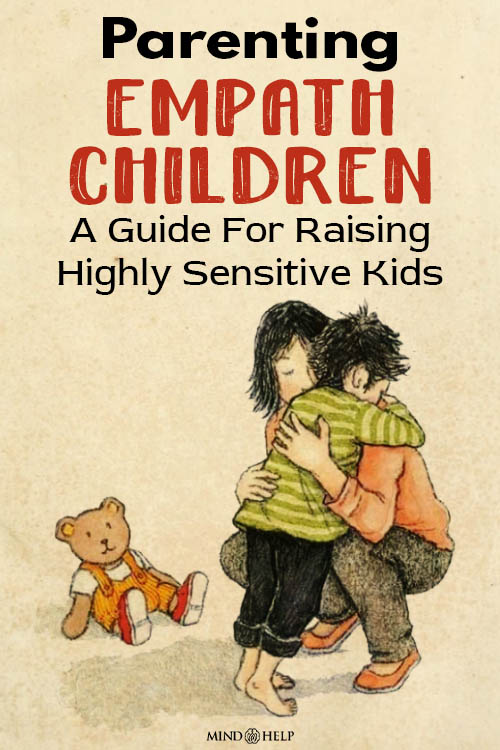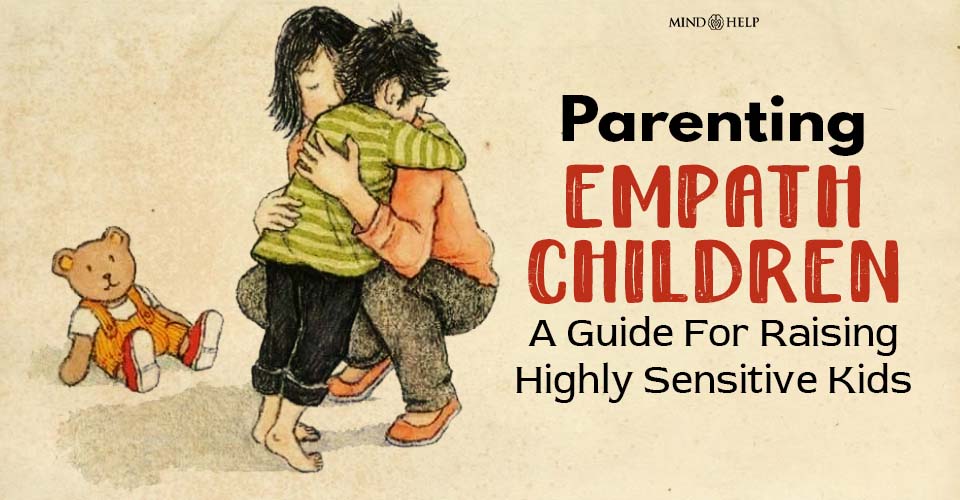Does your child seem more sensitive than others? Do they often feel overwhelmed, emotionally drained, or affected by their environment? If yes, you may be raising an Empath child—a deeply rewarding but equally demanding responsibility. Parenting Empath children is not just a role; it’s a sacred mission with the potential to shape a more compassionate world.
What is The Meaning of Empathy?
Empathy is the ability to step into someone else’s shoes—to see the world from their perspective and genuinely feel what they are experiencing.
At its core, empathy involves connecting with others on a deep emotional level. There are three main types of empathy:
- Cognitive Empathy: The intellectual ability to understand another person’s thoughts, perspective, or mental state.
- Emotional (Affective) Empathy: The capacity to feel what someone else is feeling, resonating with their emotions.
- Compassionate Empathy: The drive to not only understand and feel another’s pain but also take action to help.
Empathy is a gift, especially in today’s world, where division, conflict, and egotism often dominate. Empaths are healers—individuals who can raise global consciousness and promote peace through understanding and love.
What Does It Mean to Be an Empath?
An Empath is someone with an exceptional ability to feel and absorb others’ emotions. Empath children often have incredibly soft hearts, making them highly sensitive to the energies and emotions around them.
They can easily become overwhelmed by conflict, pain, or sensory overload. This is why understanding and supporting them is crucial.
Why Parenting Empath Children Requires Special Care
Many well-meaning parents unintentionally harm their Empath children by urging them to “toughen up” or criticizing them for being “too sensitive.” This can lead children to internalize shame, believing there’s something wrong with their emotional nature.
Without validation and guidance, Empath children may grow up seeking external approval, struggling with low self-worth, and falling into toxic relational patterns—often giving too much of themselves to people who don’t reciprocate.
But it doesn’t have to be this way. When raised with love and awareness, Empath children grow into confident, intuitive, and powerful individuals who uplift everyone around them.
Read: 6 Signs You Were Raised By An ‘Eggshell Parent’
6 Powerful Strategies for Parenting Empath Children
1. Help Them Recognize Their Unique Gift Through Open Communication
Create a safe space where your child feels free to talk about their emotions and experiences. Encourage them to explore and express their empathic abilities.
Remind them often that their sensitivity is not a weakness—it’s a strength. Teach them to listen to their intuition and trust their inner wisdom.
2. Validate Their Emotions Without Judgment
Empath children feel things deeply. It’s essential they learn it’s okay to experience strong emotions—even the difficult ones.
Listen with patience and empathy. Help them process their feelings without minimizing or dismissing their experiences. Teach them that emotions are part of being human and that even pain and vulnerability have their place in the world.
3. Encourage Regular Alone Time and Creative Expression
Empath children need downtime to recharge. Solitude and imagination are not signs of isolation but powerful tools for emotional recovery and creative growth.
Whether it’s daydreaming, drawing, or playing pretend, these activities help them navigate their inner world. Respect their need for space, and if they feel too overwhelmed to attend school or events occasionally, support them instead of pushing them.
4. Teach Them the Power of Boundaries
Empath children are natural givers. But without boundaries, they can absorb toxic energies and become emotionally depleted.
Teach them the importance of saying “no” when needed, preserving their energy, and protecting their emotional space. Help them understand that their well-being is just as important as helping others.
5. Introduce Yoga, Meditation, and Mindfulness
Empath children often feel emotionally burdened by the energies they absorb. Gentle mindfulness practices can help them stay grounded.
Start with simple breathing exercises, candle-gazing, or calming visualizations. As they grow, introduce more advanced forms of yoga and meditation to help them manage stress and deepen their self-awareness.
6. Involve Teachers and Family in Their Support System
Educate your child’s teachers, co-parents, and extended family about their sensitivity and needs.
Explain how sensory overload or bullying can affect them more deeply. Ask for their support in creating an understanding and inclusive environment where your child feels seen and safe.
Read: 10 Things You’ll Get If You Have A Good Relationship With Your Parents In Adulthood
The Divine Duty of Raising Empath Children
Empath children are not just emotional—they are intuitive, compassionate, and wise beyond their years.
Raising them with care and intention is a sacred responsibility. When nurtured properly, these children grow into extraordinary adults who bring light, love, and healing to the world.
By honoring your child’s unique emotional landscape, you’re not only shaping their life but contributing to a more empathetic and conscious planet.
Let’s raise them with awareness, protect their gift, and celebrate their sensitivity. After all, they are the change-makers the world so deeply needs.








